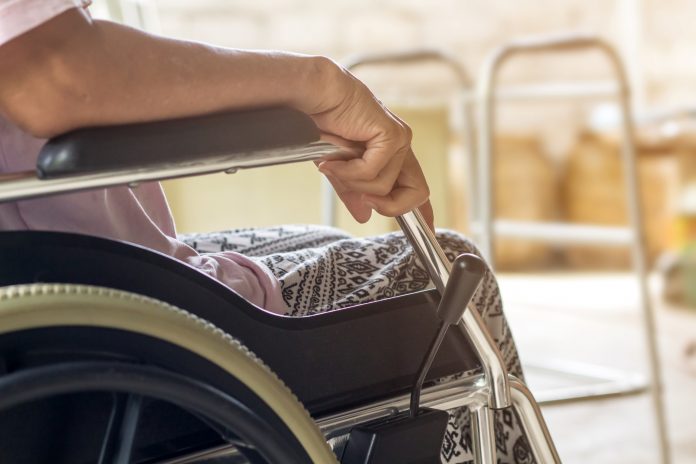Scientist have found that childhood trauma could affect the development and treatment of multiple sclerosis in adulthood
Scientist at the University of Illinois Urbana-Champaign conducted an experiment to determine how childhood trauma increases susceptibility to developing more severe multiple sclerosis (MS) in adulthood.
Makoto Inoue, a professor of comparative biosciences at Illinois, and his team watched the development and progression of experimental autoimmune encephalomyelitis (EAE) in young mice that had been separated from their mother and given a salene injection.
The mice were genetically susceptible to EAE and were compared against mice that had not experienced the same trauma.
They found that the mice that had experienced stress when young were more likely to develop the autoimmune disorder and less likely to respond to a common treatment.
“Mice that had early-life trauma were more susceptible to EAE disease development and suffered prolonged motor paralysis with severe neuronal damage in the central nervous system, which we found was caused by a heightened immune response,” said graduate student Yee Ming Khaw, the first author of the study.
Norepinephrine – Stress hormone
The researchers traced the EAE triggers to the immune system and found that childhood stress in the mice triggered a prolonged release of norepinephrine – a stress hormone – which left the immune system unable to respond to the stress and inflammation of EAE as effectively.
The mice that developed EAE did not respond to treatment with interferon beta, however, the drug effectively prevented EAE progression in mice without childhood stress, Khaw explained.
The researchers then treated the mice with a compound that boosts the receptor’s response which prevented paralysis and slowed damage to the spinal cord. The mice that received the treatment also responded to interferon beta treatment, though they had not responded before.
“This work suggests that individuals with experience of childhood trauma develop autoimmune disease with symptoms and mechanisms that greatly differ from their peers with no history of childhood trauma, and may need different medical treatment,” Inoue said. “This receptor activator may be a therapeutic drug for MS patients with a history of childhood trauma.”
“We believe that the best approach to addressing autoimmune diseases in individuals with a history of childhood trauma or other risk factors is a comprehensive and personalized medicine approach that addresses the whole person,” Inoue concluded.
You can read the full study “Early-life-trauma triggers interferon-β resistance and neurodegeneration in a multiple sclerosis model via downregulated β1-adrenergic signaling” here.








